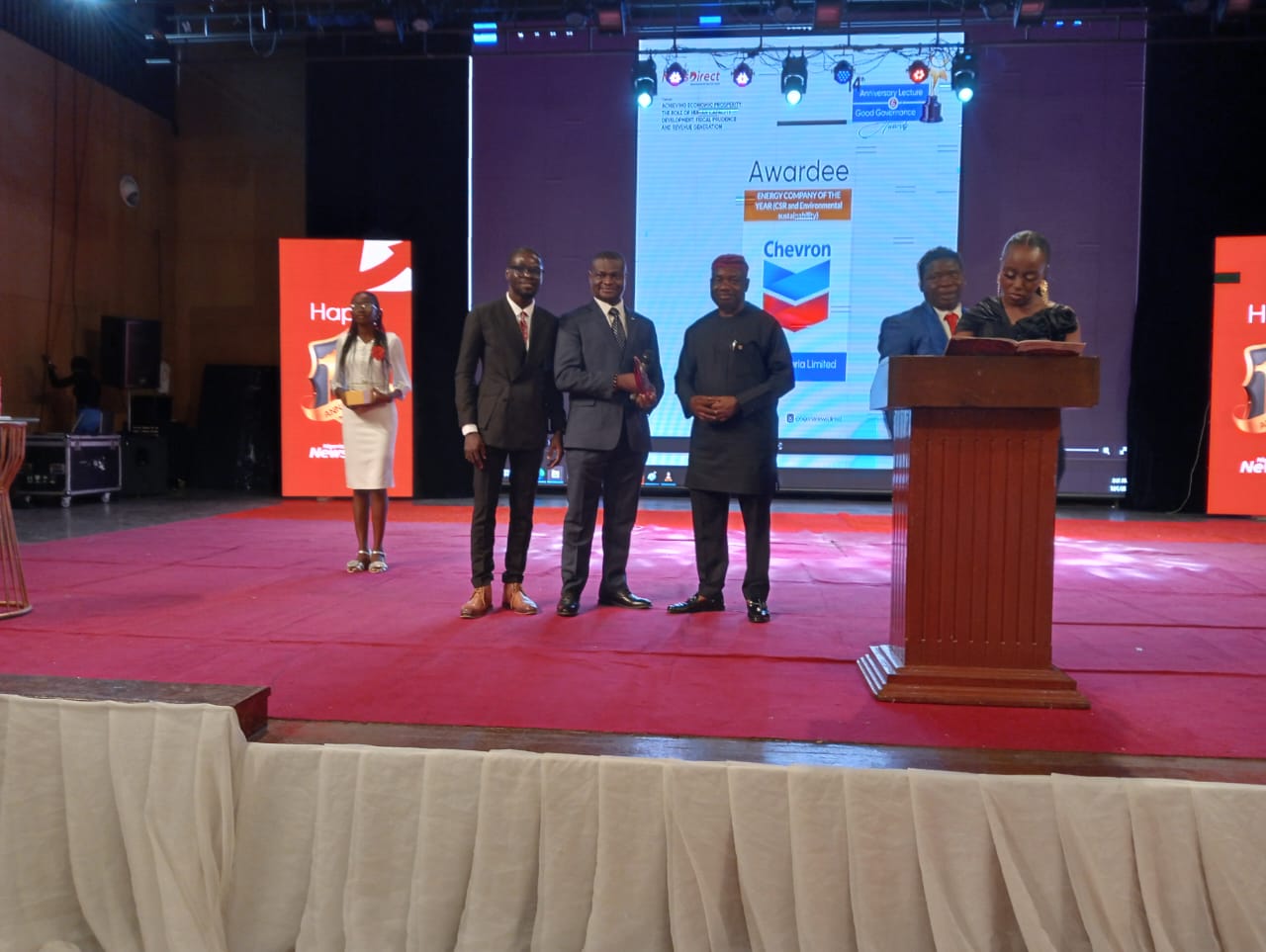Energy
Pioneering energy project to bring relief to Mano River Union countries

TUNIS – The Board of the African Development Bank Group (AfDB) approved on Wednesday, November 6 in Tunis the Côte d’Ivoire, Liberia, Sierra Leone and Guinea (CLSG) electricity networks interconnection project.
The total financing by the African Development Bank Group (African Development Fund, Fragile States Facility and Nigeria Trust Fund) amounts to EUR 145 million, representing roughly 40 per cent of the total project cost. The project will secure power supply for the four Mano River Union member countries, and will be implemented between 2014 and 2017.
The CLSG project involves the construction of about 1,400-kilometres of high voltage (225 kV) line to connect the national networks of the four countries. It will see the building of 11 sub-stations and two regional control centres. It is a structuring project, which, in its first phase, will enable Liberia, Sierra Leone and Guinea to import electricity from Côte d’Ivoire.
 “The Bank is happy to have played such a pivotal role in the generation of this ground-breaking project. The AfDB leveraged its deep knowledge of the electricity sector in West Africa and rich experience in the definition and implementation of regional projects. Thanks to our involvement right from the feasibility study stage, we were able to guide the technical choices and consider all aspects of the project, especially environmental and social. Our intervention also facilitated the mobilization of huge resources from other donors,” explained Alex Rugamba, Director of the AfDB’s Energy, Environment and Climate Change Department.
“The Bank is happy to have played such a pivotal role in the generation of this ground-breaking project. The AfDB leveraged its deep knowledge of the electricity sector in West Africa and rich experience in the definition and implementation of regional projects. Thanks to our involvement right from the feasibility study stage, we were able to guide the technical choices and consider all aspects of the project, especially environmental and social. Our intervention also facilitated the mobilization of huge resources from other donors,” explained Alex Rugamba, Director of the AfDB’s Energy, Environment and Climate Change Department.
The electricity sector in the Mano River Union countries faces major constraints, namely: (i) low access to electricity, (ii) a structural deficit in the supply of electricity, (iii) a preponderance of thermal generation in the energy mix, and (iv) low financial and institutional capacities of national electricity companies. The CLSG project will increase the average rate of access to electricity in the four countries from 28 per cent to 33 per cent, electrifying 125 locations along the transmission line as well as 70 schools, 30 health centres and nearly 1,500 small commercial and industrial craft enterprises, of which 25 per cent are held by women. Directly benefiting from the project are the 24 million inhabitants of its impact area who will enjoy reliable electric power at a competitive cost.
The construction of this line will form the backbone of the Mano River Union countries and is one of the priority projects of the West African Power Pool (WAPP) Master Plan, a cooperation initiative linking national electricity companies in Western Africa. CLSG is the first actual project included in the Mano River Union initiative. As an early project, it has been very instrumental to the design of the initiative itself. The idea of a power “backbone” has been replicated with the Programme for Infrastructure Development in Africa (PIDA) Trans-African Highway. As well, the CLSG project introduced the concept of a booster fund to compensate fragile states’ weak capacities to prepare projects in a reasonable time.
The CLSG project will include a capacity-building component to ensure the transfer of knowledge to national structures so as to improve the management of future interconnections in West Africa. It also involves various planning and feasibility studies on hydropower plants that could enhance energy exchange.
The Mano River Union countries are fragile and emerging from long sociopolitical crises. Owing to the low levels of investment in the sector in recent years, power infrastructure has become obsolete with the attendant outcome of extremely poor service. The cost of electric power production per kWh remains very high in these countries where the electricity access rate is among the lowest in the world (two per cent in Liberia and Sierra Leone; 10 per cent in Guinea). The construction of the power line will foster the development of the huge hydroelectric potential of the sub-region by offering the possibility of electric power trade between the countries within the larger West African market, thus contributing to regional integration.
Energy
Dangote Partnership: MRS Urges Nigerians To Insist On N935/Litre Petrol Price Nationwide

MRS Oil Nigeria Plc, a prominent player in the Nigerian downstream oil industry, has implemented a new petrol price of N935 per litre across all its retail service stations nationwide.
The company has also called on Nigerians to monitor and report any outlets that fail to adhere to the new price structure.
Biztellers reports that this is consequent upon an announcement by the President of Dangote Industries Limited, Aliko Dangote, that the Dangote Petroleum Refinery has partnered with MRS Oil and Gas to offer petrol at N935 per litre at retail outlets, following a reduction in the ex-depot price from N970 to N899.50 per litre.
ALSO READ: Dangote Slashes PMS Price To N899.50k
It was gathered that MRS Oil Nigeria Plc has instructed all its outlets to implement the new price immediately, setting up a digital platform and monitoring team to ensure full compliance.
In a statement on Monday night, the company declared, “Petrol is now being sold at N935 at MRS Filling Stations nationwide. If you find any station not following this price, please report it. Call 08009447853 or email: NG-FMKPMGWHISTLEBLOWING@NG.KPMG.COM”
Emphasising the eco-friendly nature of its products, MRS Oil added, “We call on all petrol station owners to join MRS Oil Nigeria Plc in improving the supply chain of our beloved country, ensuring product quality and availability in every corner of Nigeria for the benefit of all Nigerians.”
In Lagos, commuters were seen queuing at MRS filling stations to purchase petrol, with many expressing their gratitude to the Dangote Petroleum Refinery and MRS Oil and Gas, urging other marketers to support the indigenous refinery rather than import off-spec products into the country.
A commuter at the MRS station at Alapere on the Lagos Ibadan Express way, Ibukun Phillips, could not hide her joy as her husband filled up their car.
“I am very happy today. This is a victory for Nigeria,” she said. “The price reduction is the best gift of the season. But beyond just the reduction, we are buying standard, eco-friendly petrol at a lower rate. My husband and I have decided we will only be using MRS from now on because we are confident in the quality of the product and supporting the economy.”
A commercial bus driver, Adio Ajibade described the price reduction as a great relief, especially during the festive season.
“The reduction is a great relief. It will reduce transportation costs and benefit Nigerians. God will continue to bless Alhaji Aliko Dangote,” he said.
A public affairs analyst and university lecturer, Dr. Tunde Akanni, said the collaboration between Dangote Petroleum Refinery and MRS Oil represents a significant step towards improving the affordability, quality, and sustainability of petroleum products in Nigeria.
According to Dr. Akanni, “this move will not only help ease the financial burden on Nigerians but also promote a more environmentally conscious approach to fuel consumption, benefitting both the economy and public health in the long term.”
Energy
FDI: Shell To Invest Billions Of Dollars On Nigeria’s Bonga North Oil Field

As a direct implication of the Federal Government’s Foreign Direct Investment drive, the Royal Dutch Shell has completed the final investment decision on the deep offshore Bonga North project in Nigeria.
Biztellers reports that the Bonga North will be a subsea tie-back to the Shell-operated Bonga Floating Production Storage and Offloading (FPSO) facility which Shell operates with a 55% interest.
Shell’s Integrated Gas and Upstream Director, Zoë Yujnovich, said, “This is another significant investment, which will help us to maintain stable liquids production from our advantaged Upstream portfolio”.
ALSO READ: OGUNCCIMA Commends Dangote Refinery’s Impact
It was gathered that the Bonga North project involves drilling, completing, and starting up 16 wells (8 production and 8 water injection wells), modifications to the existing Bonga Main FPSO and the installation of new subsea hardware tied back to the FPSO.
The company is optimistic that the project will sustain oil and gas production at the Bonga facility.
The Bonga North currently has an estimated recoverable resource volume of more than 300 million barrels of oil equivalent (boe) and will reach a peak production of 110,000 barrels of oil a day, with first oil anticipated by the end of the decade.
In addition, the Bonga North will help ensure Shell’s leading Integrated Gas and Upstream business continues to drive cash generation into the next decade.
Energy
Chevron Nigeria Bags ‘Energy Company Of The Year For Environmental Sustainability And CSR

Chevron Nigeria Limited (CNL), has received an award as “Energy company of the year (2024)” for its Environmental Sustainability and Corporate Responsibility accomplishments.
The award presented by the Nigerian News Direct newspaper, on Friday December 6, 2024, and was received by Manager Communications, Chevron Nigeria and Mid-Africa Business Unit, Victor Anyaegbudike, at a colourful event at the Grand Ballroom of the Oriental Hotel, Lagos.
ALSO READ: Stakeholders Hail NCDMB As Local Content Level Hits 56%
The organizers of the award noted that Chevron has implemented the “Protecting People and the Environment” policy, which aims at preventing injuries, illnesses, and environmental incidents. They also referenced that the company has achieved 97% gas flaring reduction in its operations in Nigeria, while implementing waste management and environmental conservation programs.
According to the media organization, Chevron Nigeria has also invested millions of dollars in community development programs, supporting education, health and economic development initiatives that have benefited thousands of people, while ensuring diversity, inclusion, and employee engagement in its business operations.
Receiving the award from the Lagos State Commissioner for Information and Strategy, Gbenga Omotosho, Anyaegbudike thanked the organizers for the honour, and reiterated Chevron’s commitment to continue to develop, affordable, reliable and ever-cleaner energy that enables human progress around the world.















